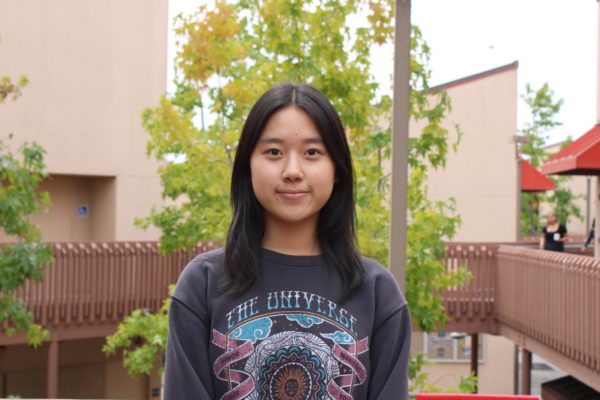It is that time of year again, when seniors choose which college to attend, which major to pursue and how much debt they are willing to take on.
Many seek to attend an Ivy League University because of their distinguished reputation and opportunities. According to Crimson Education, Harvard gets about 56,937 applications. However, only about 1,942 applicants are accepted.
According to the U.S. News and World Report, an average student from Yale University has $30,169 of student loans postgraduate. The expensive classes and the accommodations at these universities cause students to become saddled with mountains of debt.
Economically, community colleges offer lasting benefits, including affordability, transfer options, flexibility and career-training programs.
According to the Irvine Valley College (IVC), the Promise is a program offered to the public that provides eligible first-time, full-time IVC students with two years of free tuition.
Senior Sydney Paul regards community college as a beneficial alternative as it saves money.
“It’s a good…opportunity because it’s cheaper than most colleges, Paul said. “So even if you just go there for the first two years of college, it’s a lot cheaper and it’s still good schooling.”
Moreover, according to the U.S. News and World Report, another positive is that most community colleges help students transfer to four-year universities.
For instance, IVC has transfer programs for each field, enabling students to transfer to four-year institutions including Universities of California. This allows students to earn a degree at a four-year university while only paying for two years’ tuition.
Lastly, they also allow flexibility while taking courses. According to the College Raptor, community colleges offer more night and online classes than traditional universities.
“Another big highlight of the community colleges is their career training programs… [you take] classes in those areas and you become certified so you are viable for the workforce after a short period of time,” counselor Natalie Greely said.
For example, an engineering course at IVC offers multiple certificates, including the Certificate of Proficiency, which increases the person’s skill set in the workforce.
However, while community colleges offer many benefits, there are some downfalls.
While four-year universities usually have a bustling nightlife, most community colleges don’t.
According to Vittana, this is because most students are fitting their education around their lives rather than having college be their life.
“I think you just miss out on the [social] experience…being on your own, being in a dorm [and] having the college experience is really important,” teacher David Gesk said.
According to Gesk, students could also find other students who are still trying to find themselves and not necessarily laser-focused on their education.
Alternatively, most community colleges offer associate degrees, given after two-year courses of introductory classes. Bachelor’s degrees, awarded after completing undergraduate studies for four years, are not given by community colleges.
According to EdSource, if community colleges want to award bachelor’s degrees, they have to meet certain requirements. This includes having to prove that the local community needs bachelor’s degrees to succeed but cannot afford to get them at four-year universities.
“[A four-year pathway] allow[s] [students] to get into the campus life very quickly…and tap into more resources,” Greely said.
Despite the negatives of attending community college as an alternate pathway to success, the pros outweigh the cons.
“If [a student is] going to study something that… [could] pay off [their] college debt, then [they should] go straight to [a] UC,” Gesk said.
However, if a student chooses a major that may not fully repay their loan, they may want to attend community college first.
All things considered each college has its own personality and opportunities. Students should select the best college for them, prestigious or not.










